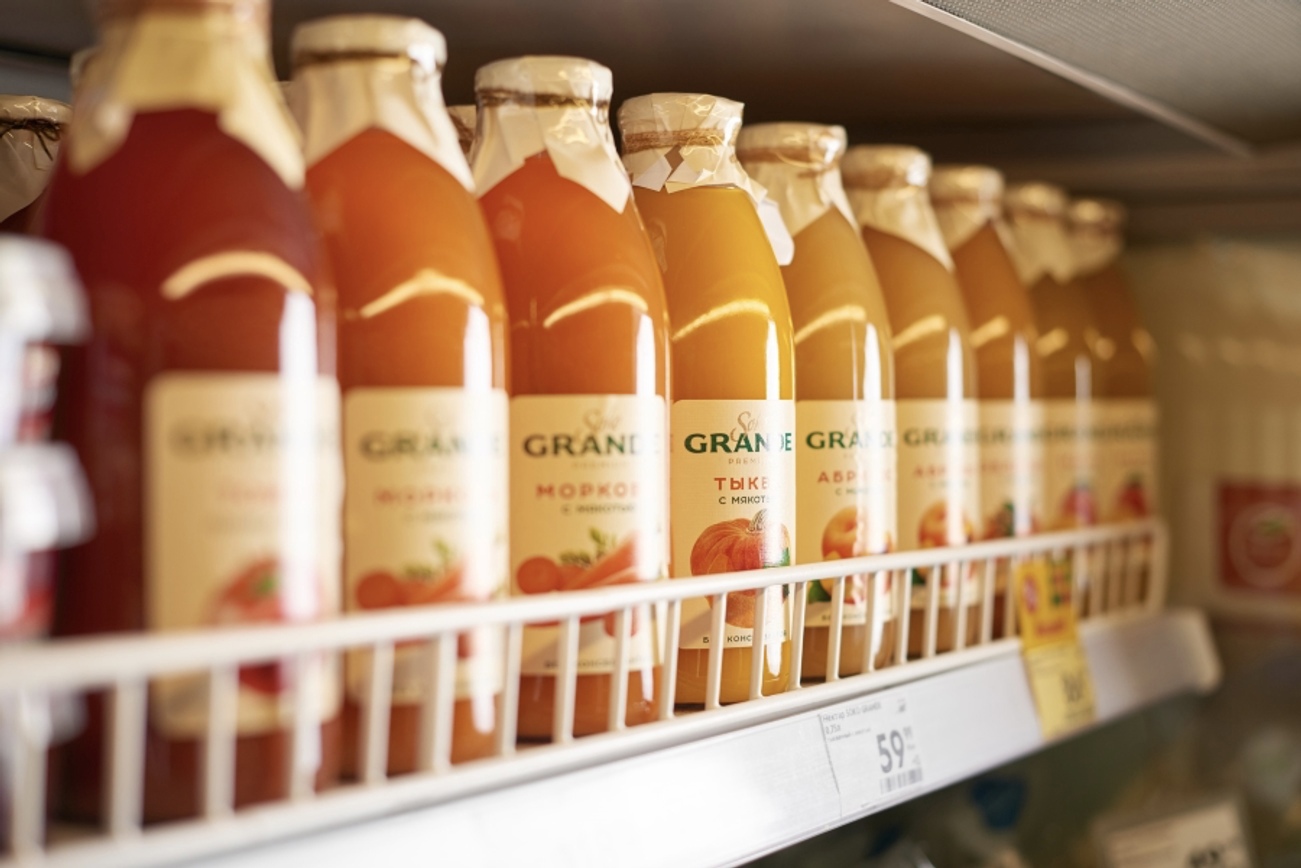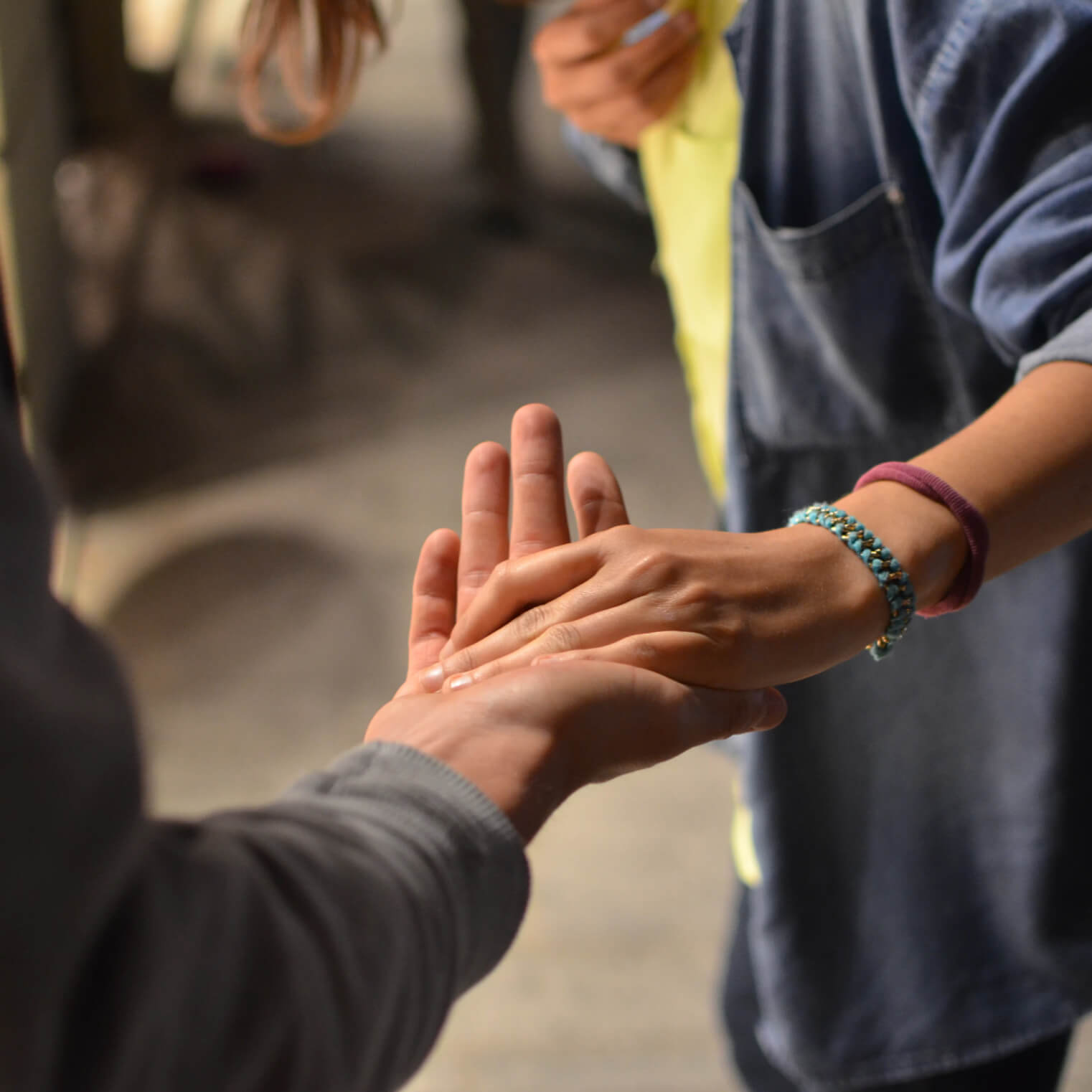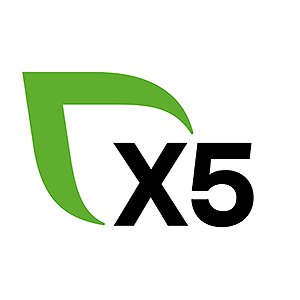For Sustainable Packaging, Russia’s Largest Food Retailer Is Leading the Way
Sustainability is a relatively novel concept in Russia, and although significant work is underway and environmental, social, and governance (ESG) initiatives have rapidly progressed. Reducing the amount of packaging sent to landfills and promoting recycling are established challenges faced by the retail industry, and there is growing customer demand for responsible packaging, the guidelines highlight an interesting aspect of the region’s ESG landscape. Emerging markets may lack much of the infrastructure and governmental guidance that supports sustainability initiatives in other areas, but that creates real opportunity for corporations to fill those gaps and lead the way on ESG.

The sustainable packaging guidelines are a case study in the execution of that unique opportunity, and the model for their development could be applied to other industry-changing initiatives. X5, Russia’s largest food retailer, developed the recommendations in consultation with manufacturers, suppliers, industry associations and the expert community. They aim to improve sustainability for 13 product categories and rely on barrier properties of material as well as other product specifics. The guidelines cover three aspects of packaging — design, materials and information, the latter of which includes labelling, customer and employee education. The team that developed the recommendations accounted for current regulations, as well as the technology and infrastructure available in Russia.
Although there is no established benchmark that measures the quality and comprehensiveness of global guidelines, by all accounts, they appear to be the most robust sustainable packaging recommendations in the world.
From Private Label to Public Protocol
Despite the recommendations’ potential to positively impact Russia’s entire food retail industry (estimated at RUB 16.4 trillion, or USD $221 billion in 2020), the initiative started out as a relatively modest one, to make X5’s own private label product packaging more environmentally-friendly. That project stemmed from the company’s Sustainable Development Strategy, which works toward ambitious ‘30X30’ goals to reduce GHG emissions by 30%, establish 30% share of renewable energy used in operations and reduce the ratio of waste generated to retail sales by 30%, all by 2030. The process to make the business’s own private label packaging more sustainable involved an internal and external analysis, competitor assessment, and discussions with top suppliers to determine focus areas for improvement. The analysis informed the draft recommendations, which were then discussed at a public hearing that included input from environmental activists and stakeholders along the value chain, from producers of raw materials to recyclers. That process validated the recommendations, but also sparked an idea — there was opportunity for a bigger, more sustainable impact by developing packaging guidelines for industry supply chains.
In summer of 2020, X5 began by developing general ESG guidelines for their own supply chain, encouraging suppliers to ensure their labour practices respect human rights and that they are environmentally responsible, for instance, by using product packaging that is both recycled and recyclable.
A Team Effort
When the company turned their sights to the industry, they quickly realised that collaboration would be essential to not only develop standards that are practical and applicable, but to ensure buy-in along the entire supply chain.
The drafting process involved discussions with the suppliers of 13 different product categories and considered the opinions of the expert community, including industry non-profits, packaging manufacturers and waste management companies. In total, feedback from 23 suppliers and 16 experts are incorporated into the guidelines, and before finalising the recommendations, X5 hosted a public discussion attended by over 100 stakeholder representatives.
The result is a comprehensible set of sustainable packaging recommendations for the following categories: drinks; eggs; dried and canned groceries; fruit and vegetables; canned food; non-food items; fresh (unfrozen) meat, fish, cheese; dairy products (except for cheese); household chemicals and care products; tobacco products and accessories; frozen goods; pet food.
Ongoing Improvements
X5 has published the document on its website and is directly informing partners and suppliers, as well as updating the training course for X5 suppliers and employees in the procurement function. While the company can only dictate packaging parameters to private label suppliers and therefore the recommendations are voluntary, X5 has pledged to support vendors who choose to implement them.
The effort is a pioneering one, and it’s also ongoing, as the guidelines are an adaptable, flexible document designed to evolve in parallel with the evolution of ESG in Russia. The recommendations will be regularly updated to reflect changes in technology or infrastructure, and of course, there is room to expand — for instance, in the future they might include a gradual transition to reusable packaging.
Ultimately, the guidelines are multi-purpose. The recommendations not only set the standards for sustainable packaging all along the retail supply chain, industry wide, but they represent a big-name endorsement of global sustainable development — the first time in Russia, a large retailer has advised its suppliers against using disposable plastic packaging for their fruit, vegetables and other products and replace it with easily recyclable packaging. Additionally, the process of creating the recommendations has established a blueprint for future ESG initiatives in emerging markets, potentially driving further change in the Russian retail market on its path to a sustainable future. By recognizing the opportunity to lead, involving their partners in the development process, and freely sharing the results, X5 has also set the standard for how to share the message that sustainable development is crucial throughout the entire supply chain.
By Yana Synesiou, Director of Sustainable Development for X5 Group.
Source: supplychainbrain.com

Правила использования сайта
Общие положения
1.1. Все права на Сайт принадлежат ПАО «Корпоративный центр ИКС 5», адрес места нахождения: 119049, Россия, Москва, улица Коровий Вал 5, стр. 1 (далее — «Компания»). Настоящие Правила регулируются законодательством Российской Федерации, действие Правил ограничено территорией Российской Федерации.
1.2. Компания рекомендует Пользователям Сайта ознакомиться с данными Правилами, а также Политикой Компании по обработке персональных данных. Пользуясь Сайтом, Пользователи Сайта подтверждают свое согласие с положениями Правил, а также Политикой Компании по обработке персональных данных.
2. Интеллектуальные права
2.1. Все права на Сайт принадлежат ПАО «Корпоративный центр ИКС 5», адрес места нахождения: 119049, Россия, Москва, улица Коровий Вал 5, стр. 1 (далее — «Компания»). Настоящие Правила регулируются законодательством Российской Федерации, действие Правил ограничено территорией Российской Федерации.
Правила использования сайта
Общие положения
1.1. Все права на Сайт принадлежат принадлежат ПАО «Корпоративный центр ИКС 5», адрес места нахождения: 119049, Россия, Москва, улица Коровий Вал 5, стр. 1 (далее — «Компания»). Настоящие Правила регулируются законодательством Российской Федерации, действие Правил ограничено территорией Российской Федерации.
1.2. Компания рекомендует Пользователям Сайта ознакомиться с данными Правилами, а также Политикой Компании по обработке персональных данных. Пользуясь Сайтом, Пользователи Сайта подтверждают свое согласие с положениями Правил, а также Политикой Компании по обработке персональных данных.
2. Интеллектуальные права
2.1. Все права на Сайт принадлежат принадлежат ПАО «Корпоративный центр ИКС 5», адрес места нахождения: 119049, Россия, Москва, улица Коровий Вал 5, стр. 1 (далее — «Компания»). Сайт посвящен торговым центрам «МЕГА». Настоящие Правила регулируются законодательством Российской Федерации, действие Правил ограничено территорией Российской Федерации.
Правила использования сайта
Общие положения
1.1. Все права на Сайт принадлежат принадлежат ПАО «Корпоративный центр ИКС 5», адрес места нахождения: 119049, Россия, Москва, улица Коровий Вал 5, стр. 1 (далее — «Компания»). Настоящие Правила регулируются законодательством Российской Федерации, действие Правил ограничено территорией Российской Федерации.
1.2. Компания рекомендует Пользователям Сайта ознакомиться с данными Правилами, а также Политикой Компании по обработке персональных данных. Пользуясь Сайтом, Пользователи Сайта подтверждают свое согласие с положениями Правил, а также Политикой Компании по обработке персональных данных.
2. Интеллектуальные права
2.1. Все права на Сайт принадлежат принадлежат ПАО «Корпоративный центр ИКС 5», адрес места нахождения: 119049, Россия, Москва, улица Коровий Вал 5, стр. 1 (далее — «Компания»). Сайт посвящен торговым центрам «МЕГА». Настоящие Правила регулируются законодательством Российской Федерации, действие Правил ограничено территорией Российской Федерации.
Subscribe to X5 sustainability news
By submitting your email for receiving information materials on ESG from X5 Group, you agree to the Terms of processing your personal data and receiving information letters from X5 Group.
